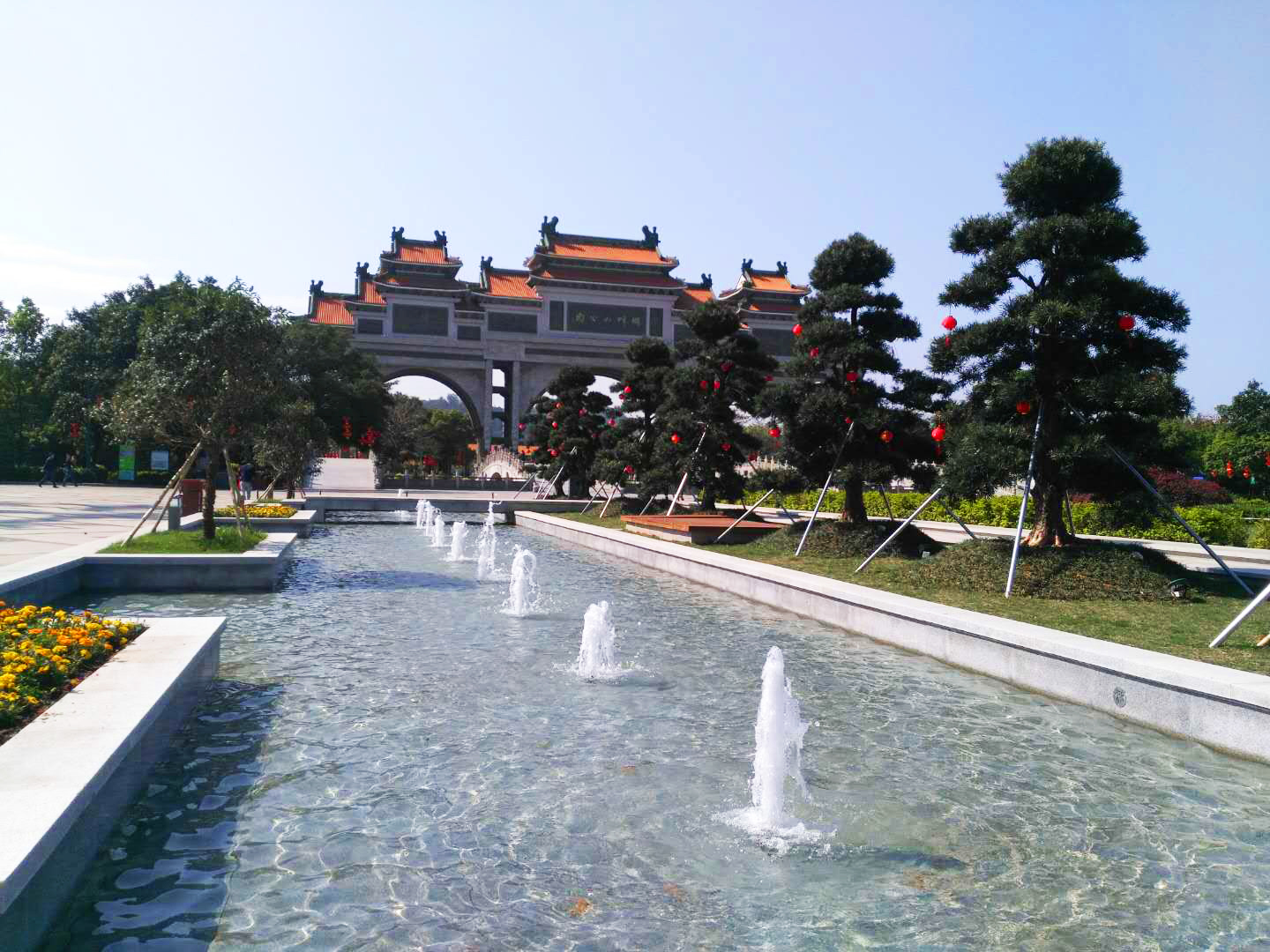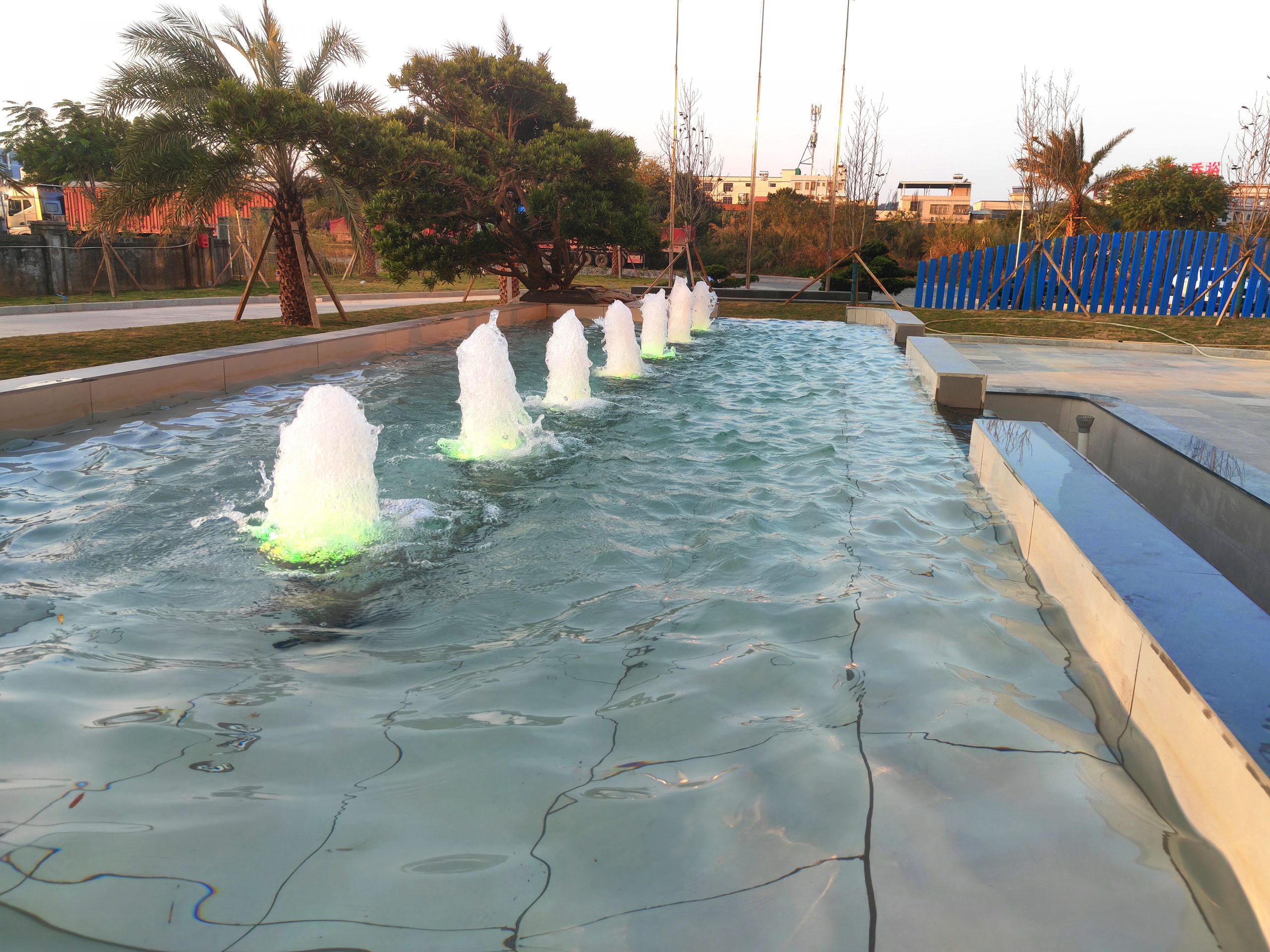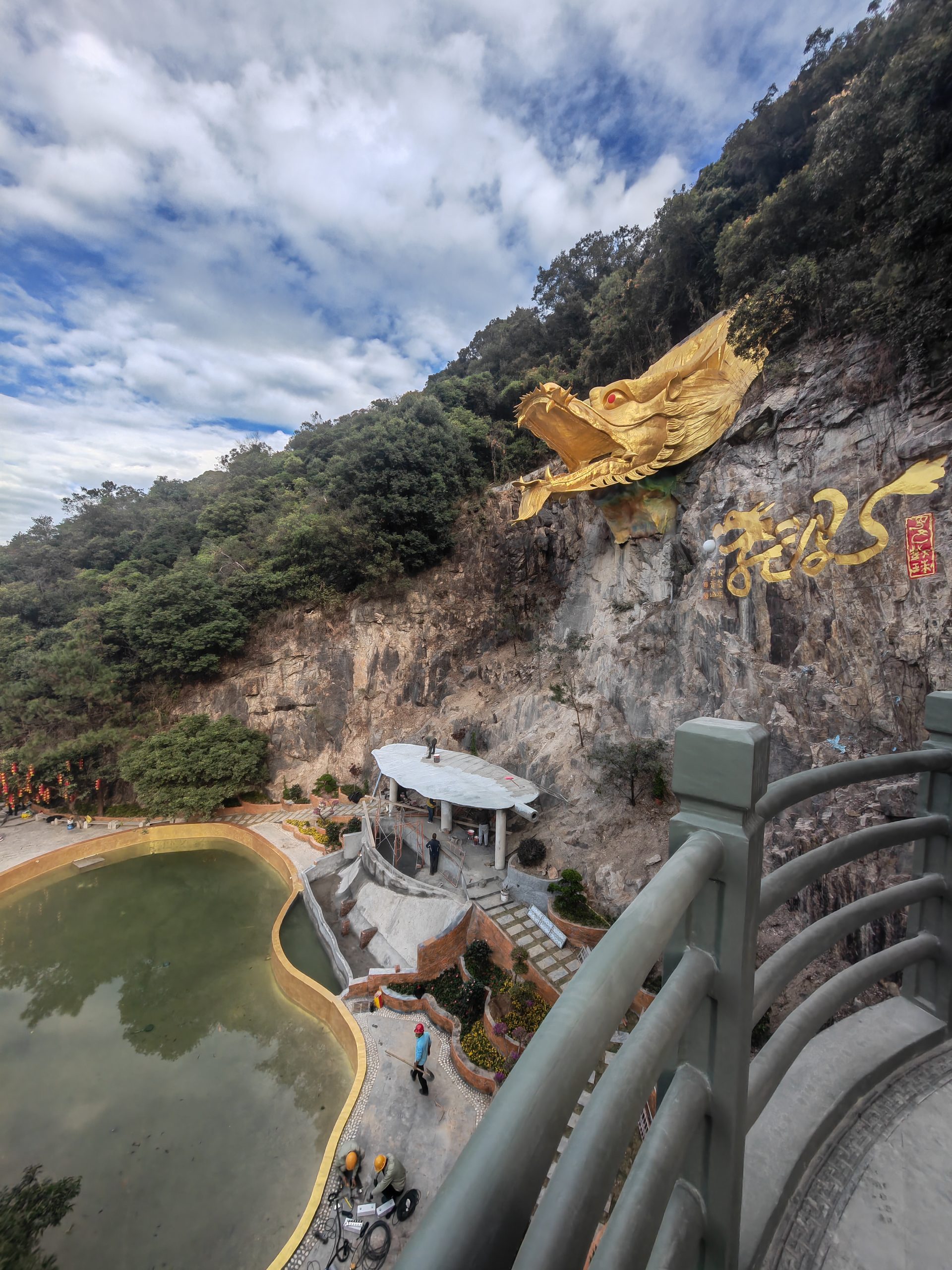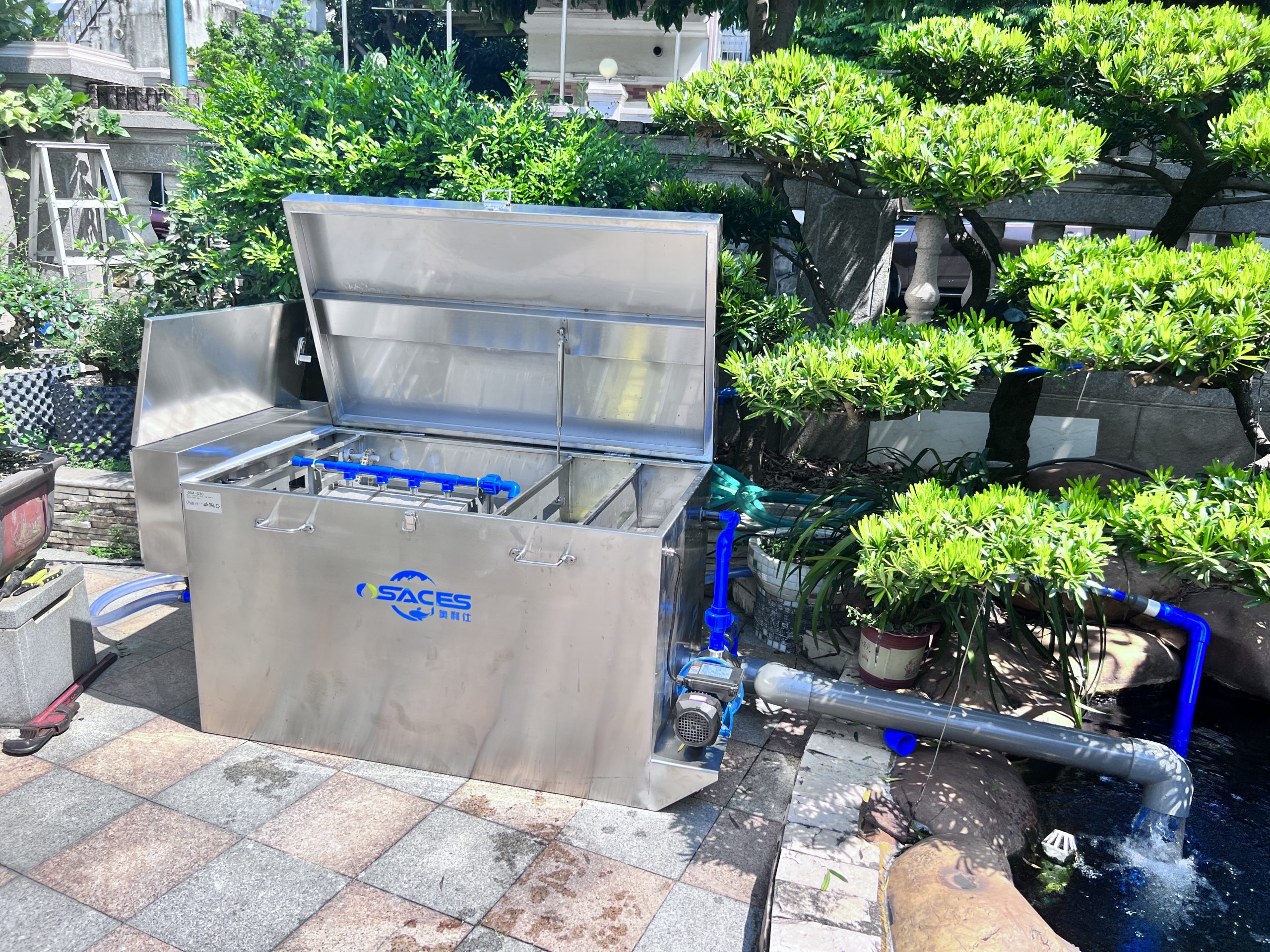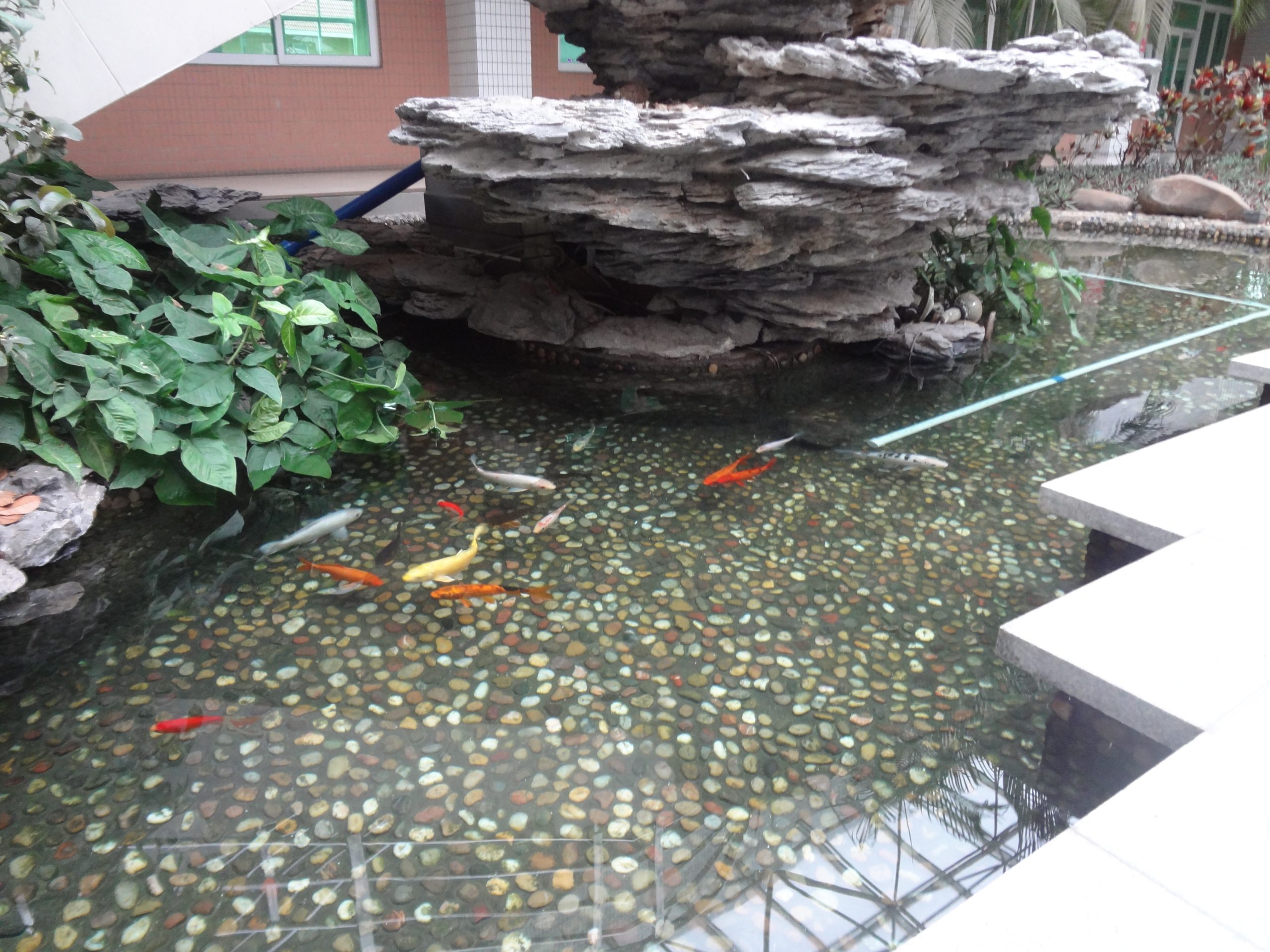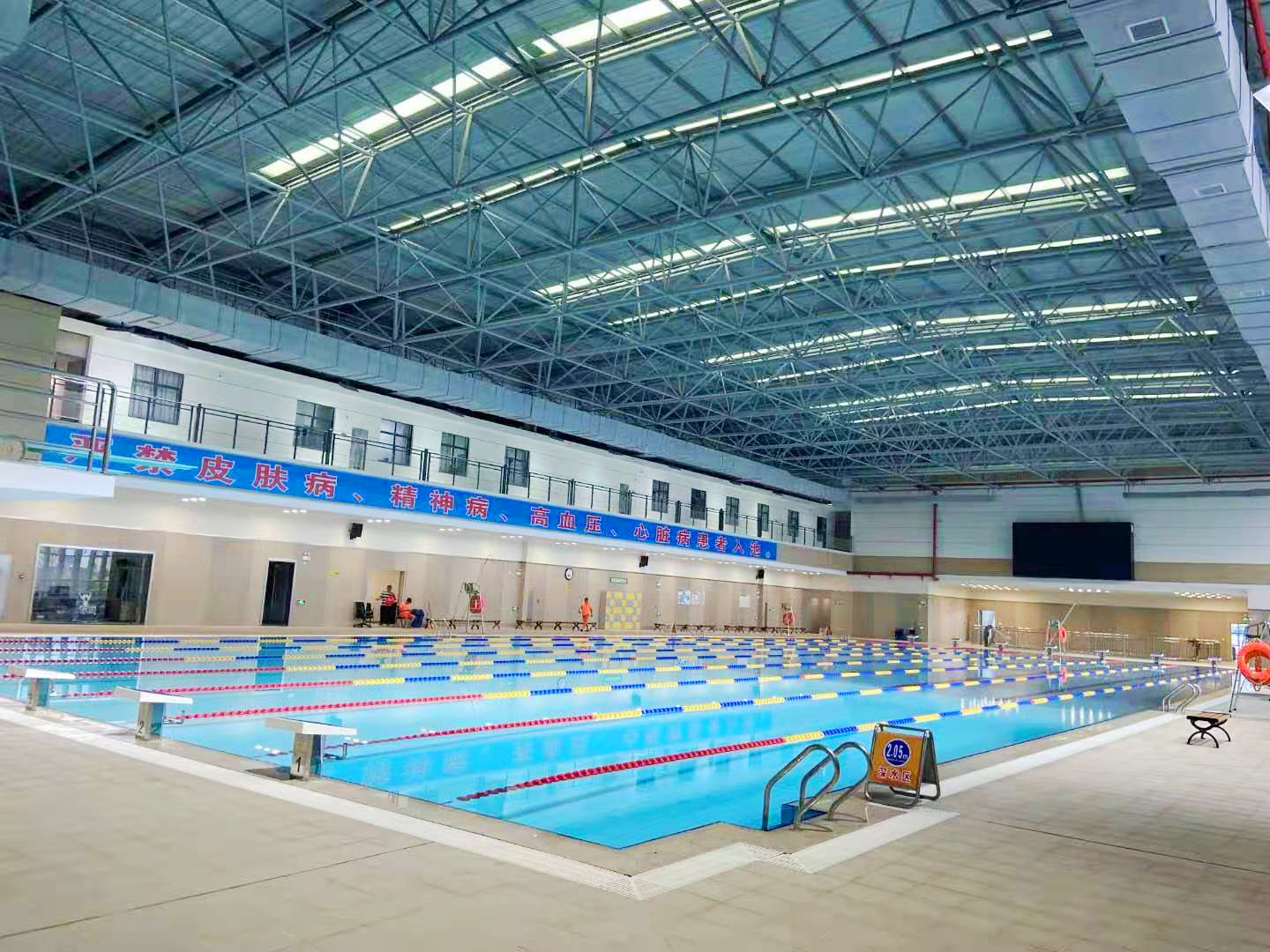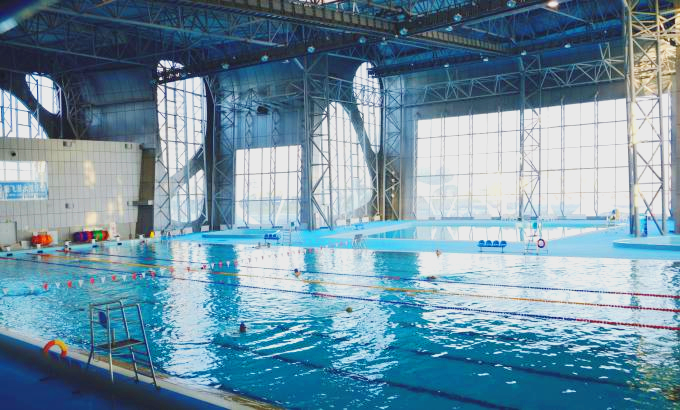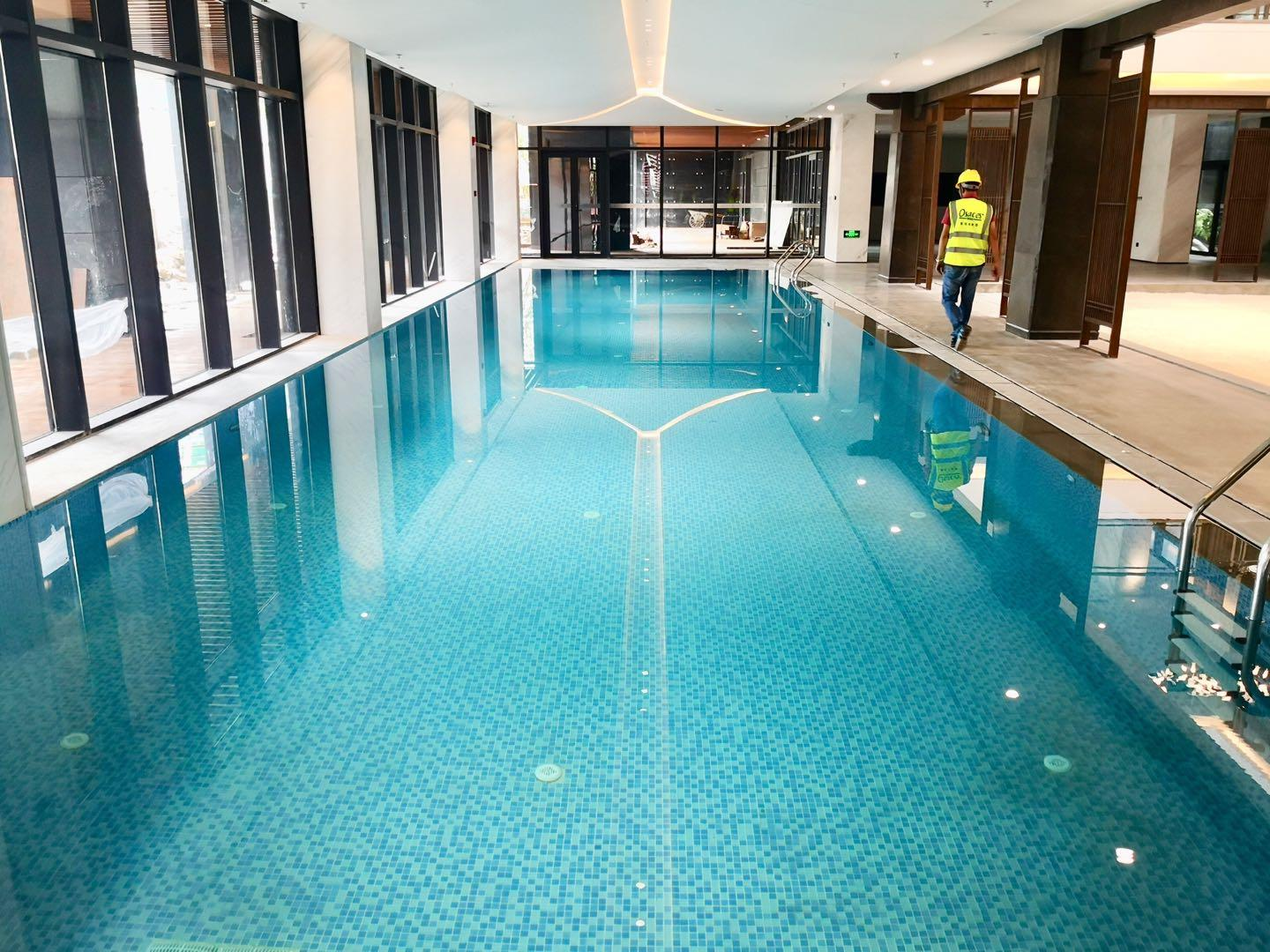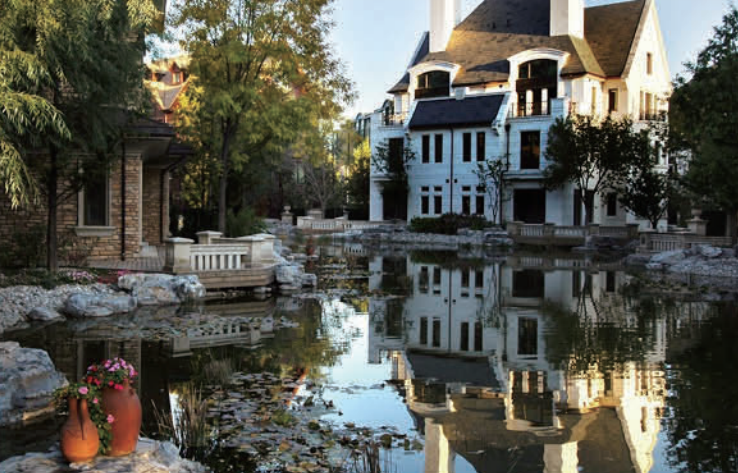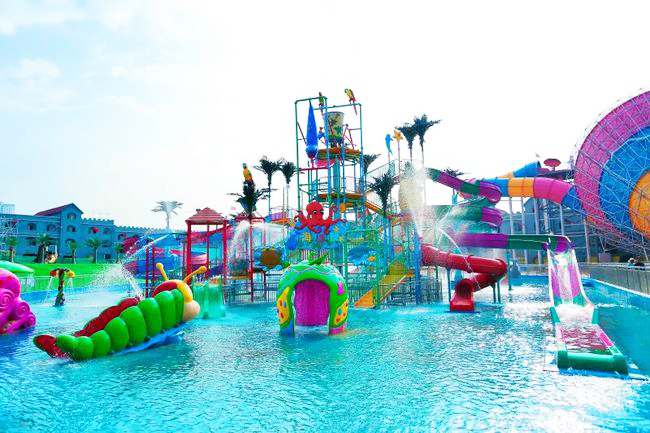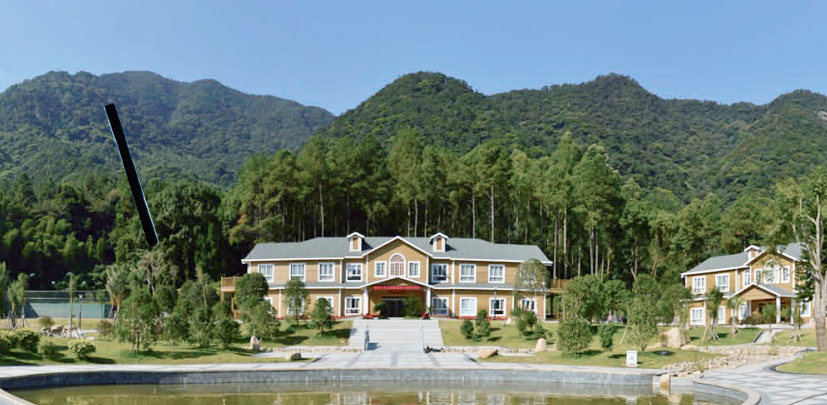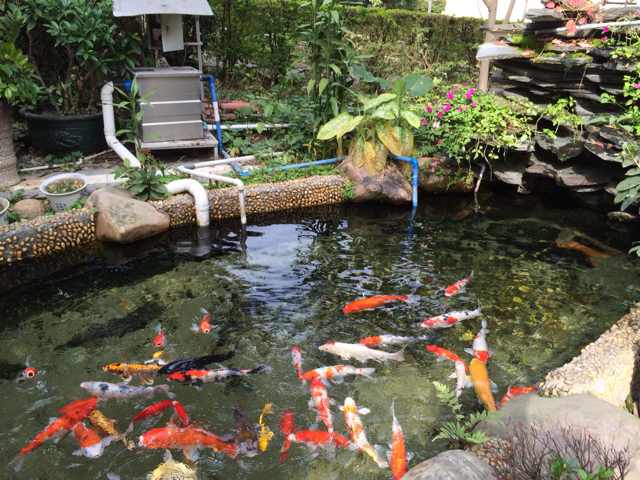Top 10 Things to Consider for Koi Pond Filtration Systems (I)
文章出处:奥利仕(广州)康体设备有限公司 人气:(点击 3,669 次) 服务热线:(020)82686289
Anyone who is partial to a koi pond knows that the filtration system of the water body is crucial. Whether it's for health and comfort orornamentalanglesdepartures, which are all top priorities.
Whether you are the owner of a private courtyard, a designer or engineer of a garden, or a Koi enthusiast, perhaps the following problems you have not yet encountered, or perhaps once encountered these problems, or perhaps are preparing to design a garden to build a fish pond, I hope to bring you some advice and help after reading, the article is longer, it is recommended that you collect and then patiently read through.
【01】Choose a reasonable filtration system
Koi fish pond filtration systems are broadly divided into the categories of traditional overflow systems, drip filtration systems, integrated filtration equipment, and intelligent rotary drum filtration equipment. In the courtyard of each ornamental fish pond shape, area, depth, environmental conditions, location, the density of fish, fish species, fish quality and other requirements are not the same, we first first determine these factors, try to consider thoroughly before starting to build the pond. Then based on these factors, the fish pond filtration system is also different, if the owners of friends or fish pond owners in the construction of the fish pond before you must consult the relevant professional and technical companies (such as: Ollies), for your garden landscape fish pond tailored to a set of ecological circulation filtration system program.
【02】Selecting suitable filtration equipment
Finished fish pond filter categories on the market, there are pressure filtration sand tank, stainless steel filter box, intelligent drum filtration equipment, Ollies high-end intelligent integrated filters, transformed sand tanks are also known as the surge of clear water and so on, different price different treatment effect.
Koi pond filtration system equipment should be based on the characteristics of the koi to select, some businesses to the swimming pool pressure filtration sand tank, small aquarium filtration box (bucket), etc. slightly modified copied to the koi pond, in fact, is not right, there are also many hidden dangers.
Most of the pool filtration sand tank internal filter media for quartz sand or activated carbon only physical filtration, no biochemical filtration, in addition to swimming pool water treatment also rely on medication to assist, if the swimming pool water treatment and filtration equipment used in the koi pond, then wait for the collection of corpses for new fish it.
Small aquarium filtration tanks (buckets) are only suitable for some aquariums. Imagine how much filtration material can be put inside such a small device, and how effective it can be used on an outdoor koi pond?
Ordinary stainless steel filter box its principle emulates the traditional overflow system, the principle is similar to everyone, the key to look at the box body of the production materials, the number of filtering materials put inside and whether the scientific and rational collocation, and more importantly, the sterilization system. Many businesses claim that 3 days of water purification, zero supplies, a machine to solve the problem of water muddy water green dead fish, but the actual effect in the end, stepped on the pit of talent know, not to look into.
Summary: As the saying goes: "choose not right, efforts in vain," the choice of koi pond filtration equipment to be careful, to the final effect for the effect-oriented, combined with the actual situation, do not pay attention to the actual, due to small losses, the loss is not worth it!
【03】Fish pond filtration system choose big or small
Big and small are relative, the key lies in, how much volume of fish pond equipped with corresponding filtration system and equipment. We may start to build a fish pond when the quality of the fish is not too high requirements, with our enthusiasm for fish farming gradually grow, fish farming sentiment in the slow stretch; and then the fish in the pond will slowly grow, their metabolism is faster, if the filtration system at this time is large, decomposition of the transformation of koi discharge of feces and urine, as well as toxic substances in the water will be very fast, conducive to the rapid recovery of the water, and small, it will be difficult to filter over, resulting in poor water quality. If the filter system is small, it will be difficult to filter through, resulting in poor water quality.
[04] Physical filtration should not be emphasized over biochemical filtration.
"Water to clear is no fish", many fish friends think that as long as the water is clear is good water, in fact, not, there are times when the water is clear is not necessarily good water quality, it can only show that the water body has few impurities. It may not affect the viewing, but the fish may die without knowing what's going on.
"Fish first water, water first bacteria", where the "bacteria" refers to the beneficial nitrifying bacteria in the water, and nitrifying bacteria culture and reproduction is the role of biochemical filtration.The biochemical filtration system cultivates nitrifying bacteria to break down and transform ammonia nitrogen, nitrite and other toxic substances in the fish pond, so that the microflora in the fish pond is balanced, thus establishing a complete set of ecosystem.
[05] Physical filtration and biochemical filtration are not separated
In the practical application of the fish pond filtration system, physical filtration is mainly to intercept, adsorption of solid suspended particles in the water body, thereby reducing the turbidity of the water, that is, people's eyes can see the "clear". Biochemical filtration is mainly to cultivate beneficial bacteria to nitrify and decompose harmful substances in the water (including fish excreta, ammonia nitrogen, nitrite, etc.), thus forming a complete set of ecosystems, and long time to maintain acid-base balance, to avoid frequent rebound.

 Ollies (Guangzhou) Recreation and Sports Equipment Co.
Ollies (Guangzhou) Recreation and Sports Equipment Co.
